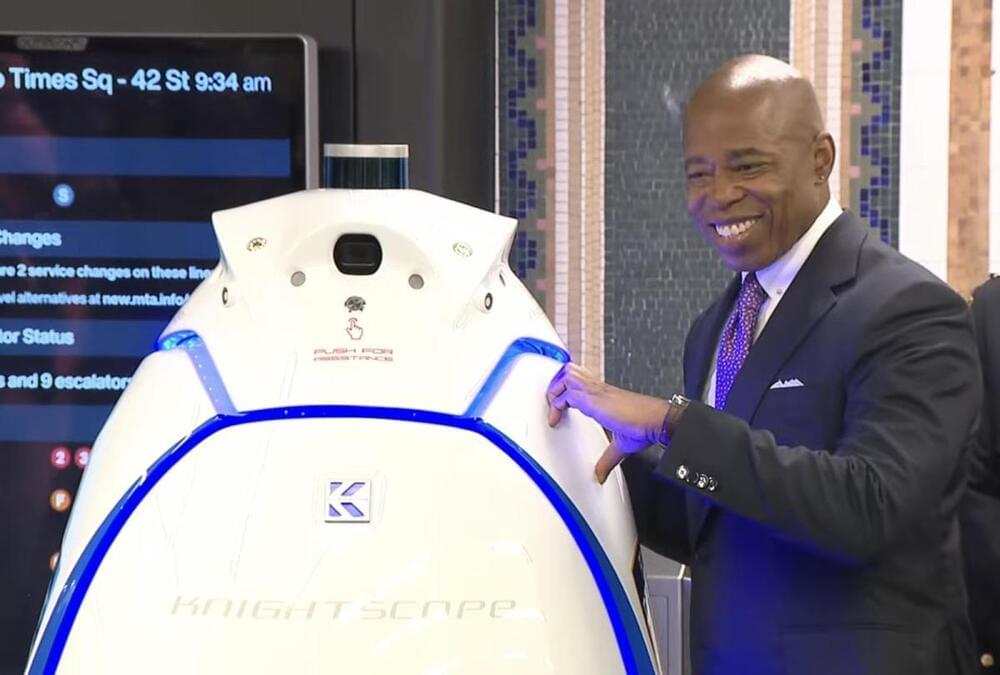After years of anticipation and hard work by NASA’s OSIRIS-REx (Origins, Spectral Interpretation, Resource Identification and Security – Regolith Explorer) team, a capsule of rocks and dust collected from asteroid Bennu finally is on Earth. It landed at 8:52 a.m. MDT (10:52 a.m. EDT) on Sunday, in a targeted area of the Department of Defense’s Utah Test and Training Range near Salt Lake City.
Within an hour and a half, the capsule was transported by helicopter to a temporary clean room set up in a hangar on the training range, where it now is connected to a continuous flow of nitrogen.
Getting the sample under a “nitrogen purge,” as scientists call it, was one of the OSIRIS-REx team’s most critical tasks today. Nitrogen is a gas that doesn’t interact with most other chemicals, and a continuous flow of it into the sample container inside the capsule will keep out earthly contaminants to leave the sample pure for scientific analyses.





